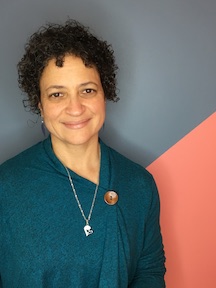Dr. Carol Anderson appeared on the television program Democracy Now! in the run-up to the 2022 midterm elections. Anderson analyzed the significance of the elections for the future of American democracy and discussed the outsized role that the outcome of the Georgia senate race would play in determining the course of that future. Anderson is the author of many books, including, most recently, The Second: Race and Guns in a Fatally Unequal America (Bloomsbury, 2021). She is Charles Howard Candler Professor of African American Studies and Associated Faculty in the History Department. Watch the segment on Democracy Now! above or at the following link: “‘American Democracy Hangs in the Balance’: Carol Anderson on Midterms, Georgia Races & Voting Rights.”
Author / abritt
Schainker to Lead Inaugural Study Abroad Program in Poland
Dr. Ellie R. Schainker, Arthur Blank Family Foundation Associate Professor of Modern European Jewish History, will lead a group of Emory undergraduates on an inaugural study abroad program to Poland in the summer of 2023. The 10-day, 1-credit experiential learning abroad experience is organized by the Tam Institute for Jewish Studies (TJIS). The Berger Family Fund, which supports student experiential learning on topics related to antisemitism, Jewish life, and Jewish history, will heavily subsidize the cost for participants. Through the on-site learning experience and a companion course taught by Dr. Schainker, students will engage with over one thousand years of Jewish history in Poland and Eastern Europe more broadly. Read comments from Dr. Schainker about the exciting initiative below, and learn more about the program on the TJIS website.
“Reflecting on her vision for the program, Prof. Schainker noted, ‘My goal is for them to walk away with a deep appreciation for how Poland – and Eastern Europe more broadly – became such a magnetic home for Ashkenazi Jewish society and culture for really over a thousand years, until the Holocaust. I want them to appreciate that as a space in which Jewish culture and life flourished while having its major challenges as well.‘”
Lowery Quoted in Article on Race, Law, and Identity among the NC Lumbee
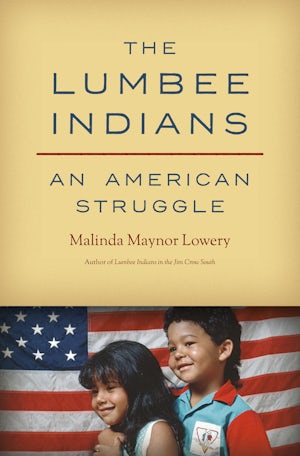
Cahoon Professor or American History, Dr. Malinda Maynor Lowery, was recently quoted in The Assembly, a digital magazine launched in 2021 that provides in-depth investigative journalism on North Carolina topics. The piece, “Who’s Your People?,” centers on North Carolina’s Lumbee Tribe and their members’ century-long fight for federal recognition. Dr. Lowery is a member of the Lumbee and author of multiple books on Lumbee history, including The Lumbee Indians: An American Struggle (UNC Press, 2018) and Lumbee Indians in the Jim Crow South: Race, Identity, and the Making of a Nation (UNC Press, 2010). Read an excerpt from the article in The Assembly below, along with the full piece: “Who’s Your People?“
“Despite their prominence in local politics, little seems to be known about the Lumbee’s diverse and mysterious origins. Tribal members trace their ancestry to Algonquin, Siouan, and Iroquoian-speaking nations indigenous to what are now the Carolinas, who were scattered and nearly exterminated by settler colonialism.
“According to Malinda Maynor Lowery, a historian at Emory University, member of the Lumbee tribe, and the author of The Lumbee Indians: An American Struggle, refugees of decimated peoples huddled together in the impenetrable Robeson County swamp, where, over time, they intermarried with English- and Gaelic-speaking settlers, as well as Black slaves and freedmen.“
Chira Publishes Piece from ‘Patchwork Freedoms’ in ‘Southern Spaces’
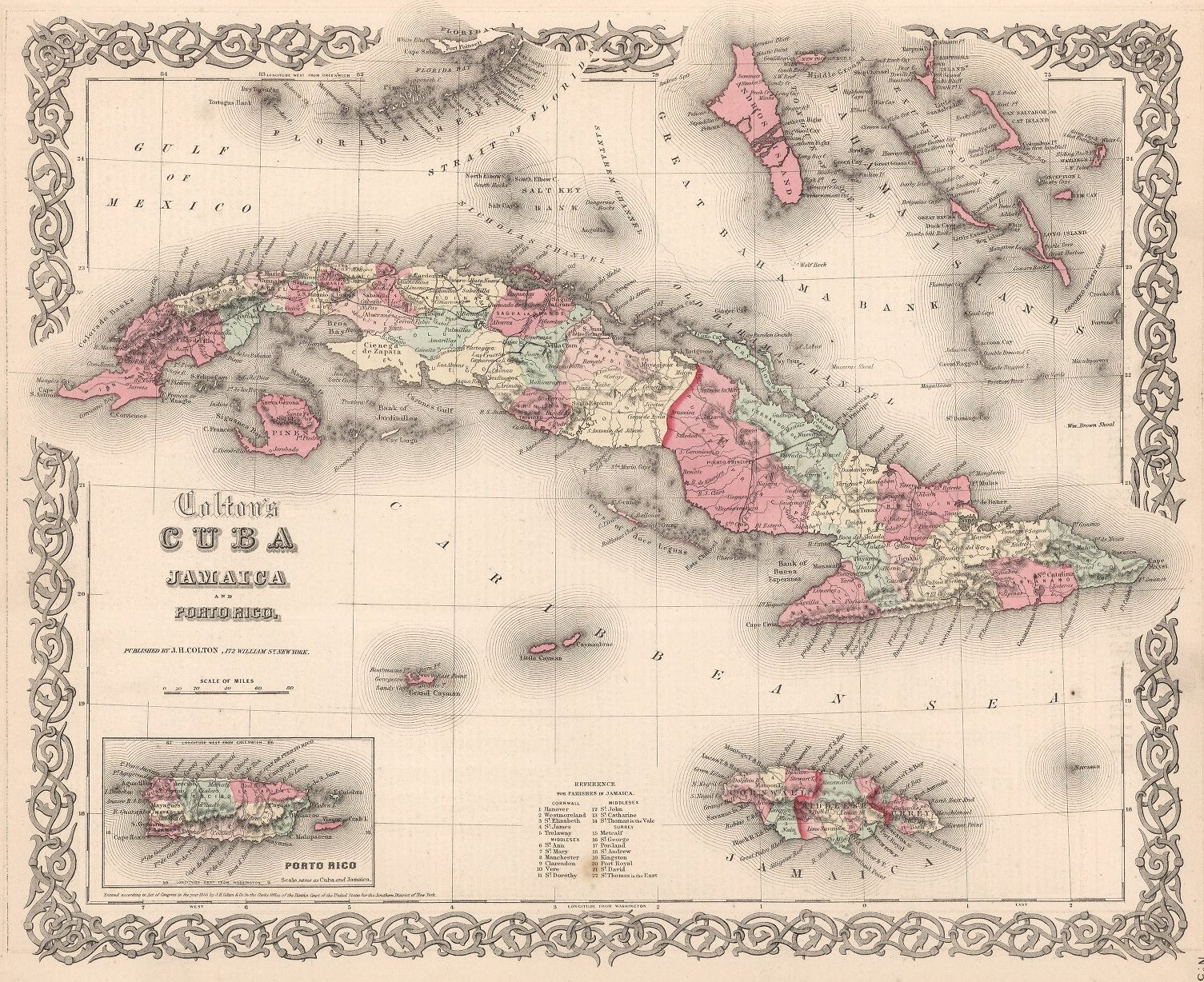
Dr. Adriana Chira, Assistant Professor of Atlantic World History, recently published a piece in Southern Spaces. The piece comes from Chira’s 2022 monograph Patchwork Freedoms: Law, Slavery, and Race beyond Cuba’s Plantations (Cambridge UP), which offers a new history of Black rural geography and popular legalism in nineteenth-century Cuba. Find out more about Patchwork Freedoms on Cambridge UP’s site and read the full Southern Spaces article: “Patchwork Freedoms: Law, Slavery, and Race beyond Cuba’s Plantations.”
Lowery Featured in Filmed Version of Emory’s Land Acknowledgment
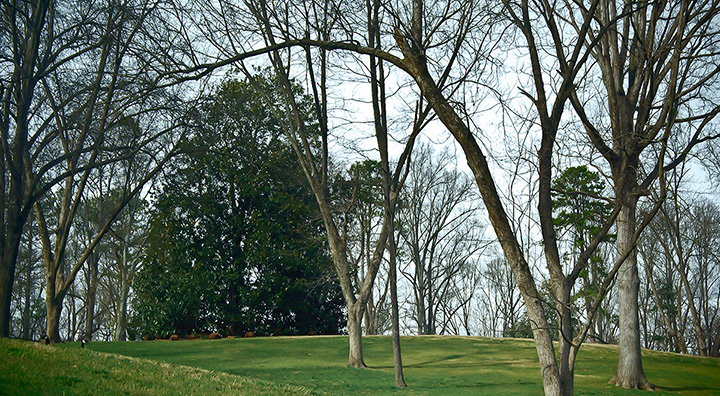
Dr. Malinda Maynor Lowery, Cahoon Professor of American History, participated in reading the Land Acknowledgment adopted by Emory’s Board of Trustees last year as part of a video released on Indigenous Peoples’ Day, 2022. The acknowledgement (included below) recognizes the members of the Muscogee (Creek) people who lived on the lands where Emory’s Atlanta and Oxford campuses stand today before being displaced in 1821. A historian, documentary film producer, and member of the Lumbee Tribe of North Carolina, Lowery came to Emory in July 2021 after holding positions at UNC Chapel Hill and Harvard. She co-chairs the Indigenous Language Path Working Group, convened following the reappointment and expansion of President Fenves’ Task Force on Untold Stories and Disenfranchised Populations. View the video of the Land Acknowledgment here: “Emory’s Land Acknowledgment recognizes displaced Indigenous nations.”
Emory University acknowledges the Muscogee (Creek) people who lived, worked, produced knowledge on, and nurtured the land where Emory’s Oxford and Atlanta campuses are now located. In 1821, fifteen years before Emory’s founding, the Muscogee were forced to relinquish this land. We recognize the sustained oppression, land dispossession, and involuntary removals of the Muscogee and Cherokee peoples from Georgia and the Southeast. Emory seeks to honor the Muscogee Nation and other Indigenous caretakers of this land by humbly seeking knowledge of their histories and committing to respectful stewardship of the land.
Webster to Present at “Oceans Disconnect” International Workshop in Munich
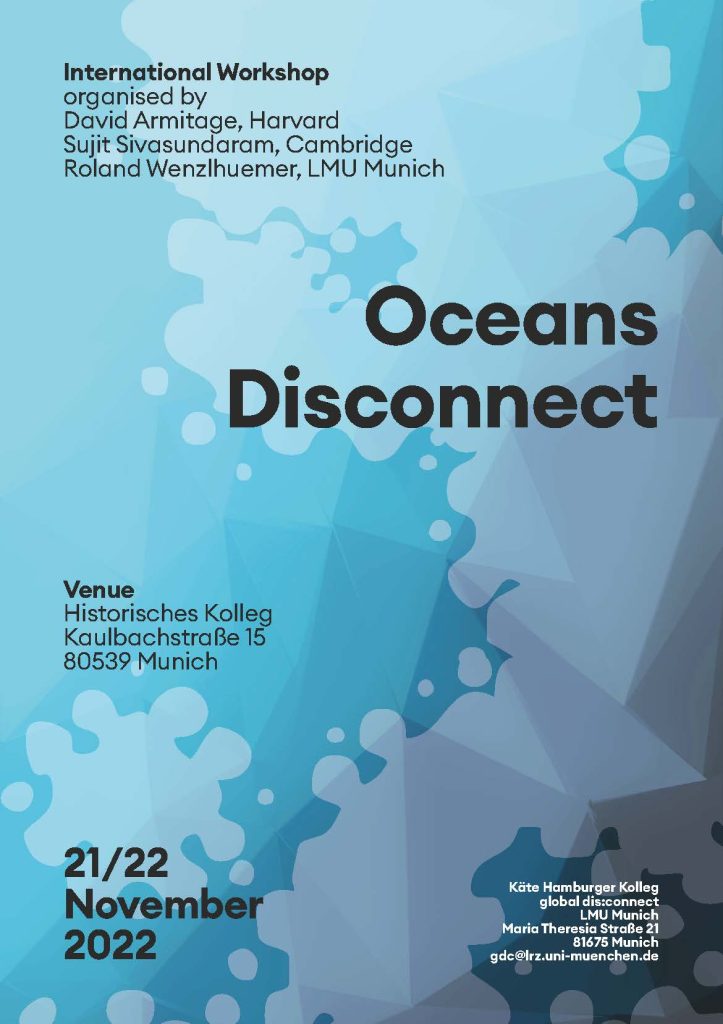
Graduate student Anjuli Webster will present at an upcoming workshop in Munich, Germany, titled “Oceans Disconnect.” The conference has been convened by David Armitage (Harvard), Sujit Sivasundaram (Cambridge), and Roland Wenzlhuemer (LMU Munich). Webster will present a paper titled, “Liquid stasis: How European empires used the ocean to enclose Maputo Bay.” Webster’s dissertation, advised by Drs. Clifton Crais, Mariana P. Candido, Yanna Yannakakis, and Thomas D. Rogers, is titled “Fluid Empires: Histories of Environment and Sovereignty in southern Africa, 1750-1900.”
Lowery Quoted in CNN Article on Indigenous Peoples’ Day

Dr. Malinda Maynor Lowery, Cahoon Professor of American History, was recently quoted in a CNN article about Indigenous Peoples’ Day. The piece discusses the roots of the holiday in the Red Power Movement of the 1960s, along with the meanings of the holiday for Native Americans today. The CNN journalist, Harmeet Kaur, draws on information from a 2020 article that Lowery penned in The Conversation, titled “Why more places are abandoning Columbus Day in favor of Indigenous Peoples Day.” Read an excerpt from the CNN piece below along with the full article: “What Indigenous Peoples’ Day means to Native Americans.”
The narrative around Columbus Day helped uphold “the new racial order that would emerge in the US in the 20th century, one in which the descendants of diverse ethnic European immigrants became ‘White’ Americans,” historian Malinda Maynor Lowery wrote in a 2019 article for The Conversation.
Eventually, Native Americans began to challenge the history behind it.
Inspired by the Civil Rights Movement, Native American activists in the late 1960s formed the Red Power Movement, built on principles of self-determination and cultural pride. At a 1977 United Nations conference in Geneva, Indigenous delegates from around the world resolved “to observe October 12, the day of so-called ‘discovery’ of America, as an International Day of Solidarity with the Indigenous Peoples of the Americas.”
Anderson Speaks at 10th Annual Athens Democracy Forum
Dr. Carol Anderson, Charles Howard Candler Professor of African American Studies and Associated Faculty in the History Department, recently participated in the Athens Democracy Forum in the Greek capital. The event – now in its tenth year – is convened by the Democracy & Culture Foundation in association with The New York Times. Anderson screen her film I, Too at the forum (marking the film’s international premier) and discussed how voter suppression tactics in the U.S., particularly those that limit the right of American-Americans to vote, are threatening American democracy. Read an excerpt from the New York Times’s coverage of the event below, along with the full article here: “TikTok, Fake News and Obstacles to the Ballot Box.”
Carol Anderson — a professor of African American studies at Emory University in Georgia and the maker of a documentary titled “I, Too,” which was screened in Athens — kicked off the debate with an urgent entreaty for voter registration to be simplified.
One of the first things that we have to recognize, in the U.S. context, is that you have the rise of what we call voter suppression laws,” she said. “These laws were targeted at key elements in the population to ensure that they would have multiple obstacles to have to jump over” to vote.
Those groups are then blamed for not voting, when in fact, they faced, and continue to face, “obstacles that look race-neutral, but that are racially targeted. What we have to do is dismantle the barriers to voting.”
Muscogee Nation and Indigenous Language Path Working Group Hold Events on Campus
The Muscogee Nation and the Indigenous Language Path Working Group held events for Emory students, faculty, and staff on the Atlanta and Oxford campuses this past week. Listening sessions were held on October 27 and 28 for members of the Emory community associated with the Working Group, which is co-chaired by Dr. Malinda Maynor Lowery (Lumbee), Cahoon Family Professor of American History. Then, on October 28, singers, storytellers and other artists from the Muscogee Nation conducted a teach-in on the Quadrangle at the Atlanta campus. Read more about these events and the broader initiative of which they form part via the Emory News Center’s article: “Muscogee Nation members to conduct teach-in; Emory community invited to Indigenous Language Path listening sessions.”
Klibanoff Quoted in ‘AJC’ Article on Dubious 1950 Murder Conviction
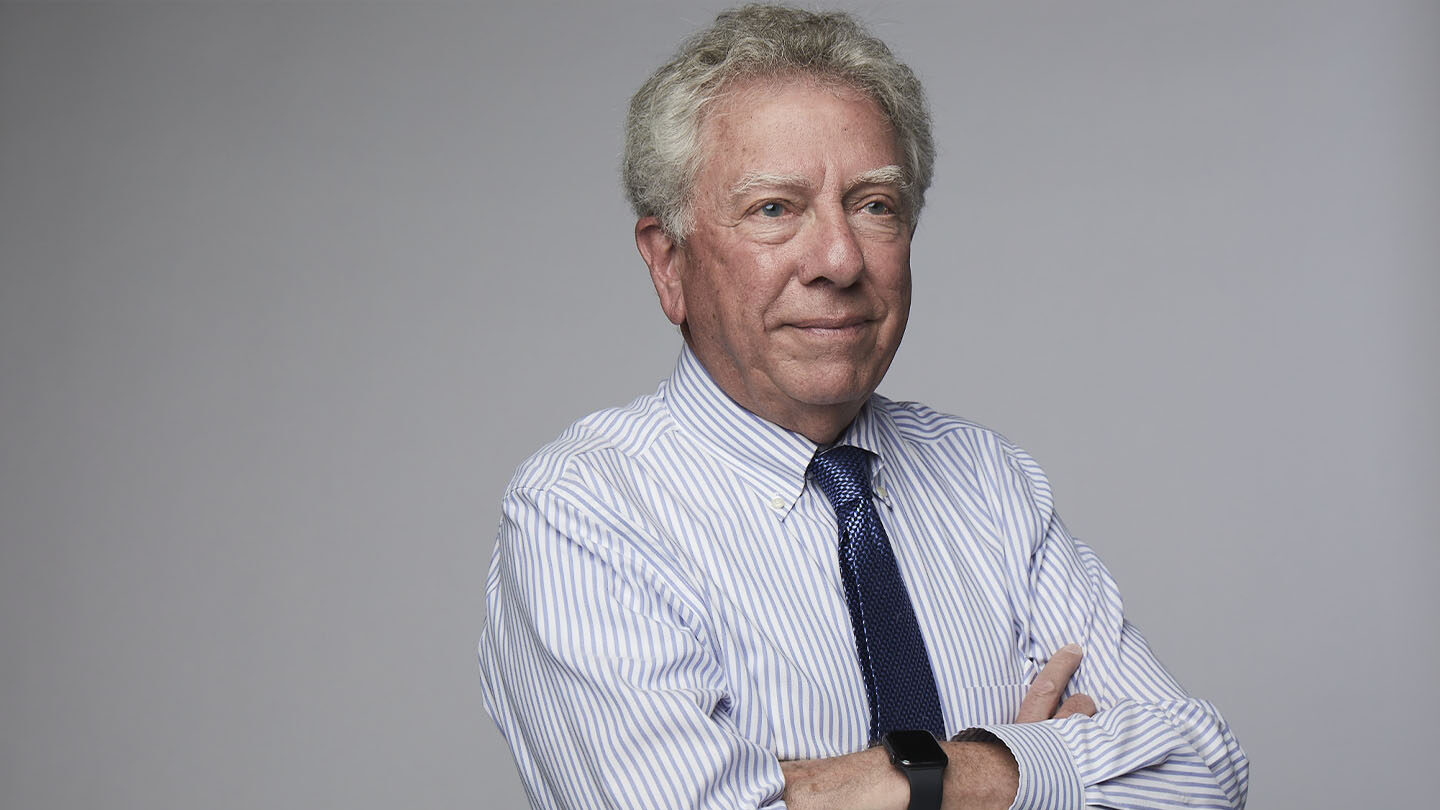
Hank Klibanoff, Director of the Georgia Civil Rights Cold Cases Project and Associated Faculty in the History Department, was recently quoted in an article in the Atlanta Journal-Constitution. The piece focuses on the 1950 murder trial of Clarence Henderson, a Black Carrollton sharecropper convicted of murdering a White Georgia Tech student under highly-questionable circumstances. Prompted by a new book, The Three Death Sentences of Clarence Henderson, the Carrollton county District Attorney is revisiting the case. The Associated Press also recently covered the DA’s decision in the article, “Prosecutor might seek sharecropper’s posthumous exoneration.” Read an excerpt from the AJC article below, along with the full piece here: “Georgia DA revisits decades-old murder case against sharecropper.”
“Hank Klibanoff, an Emory University professor and director of the school’s Civil Rights Cold Cases Project, said addressing injustices from decades past is important, even when the victims and perpetrators are dead.
“‘There is a very important judgment that history can make,’ he said.
“There also is the chance for healing. Klibanoff and his Emory students have delved into several Jim Crow era racial killings and cold cases. In one case, the white descendant of one of the named murderers was so moved by their findings that he sought out the victim’s daughter to apologize.
“‘It went an enormous way to salving their wounds,’ he said.”
